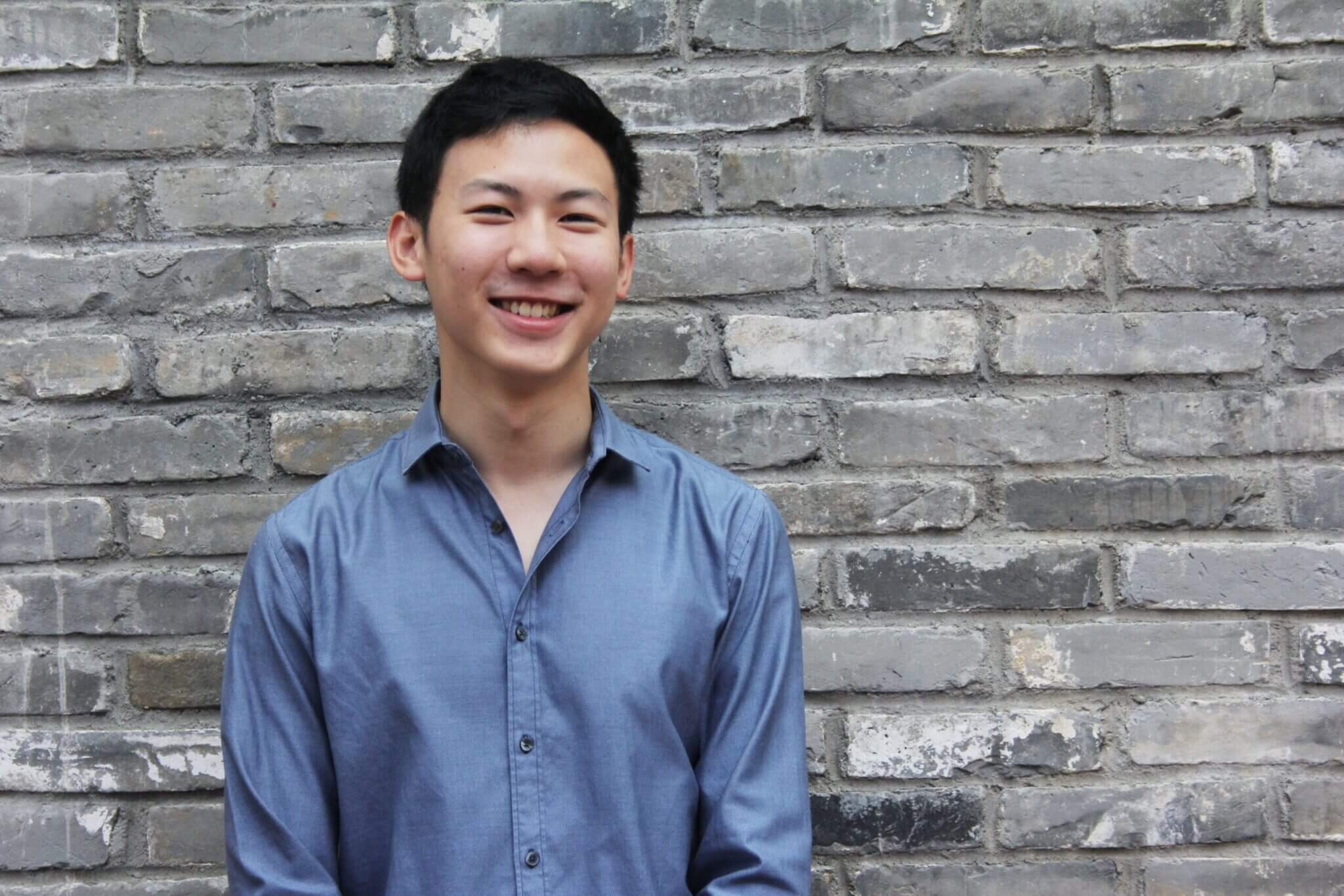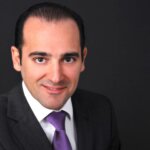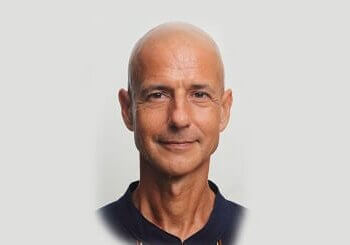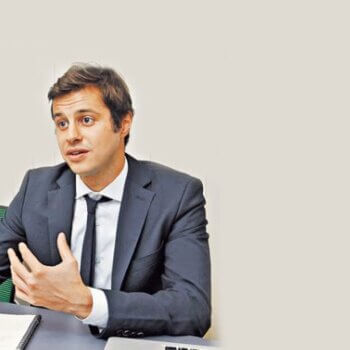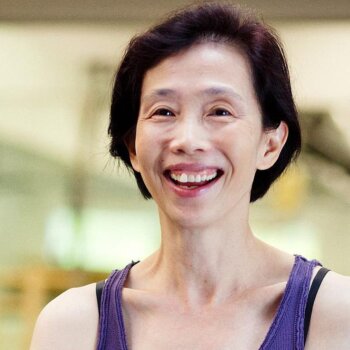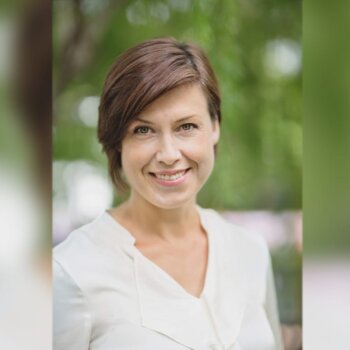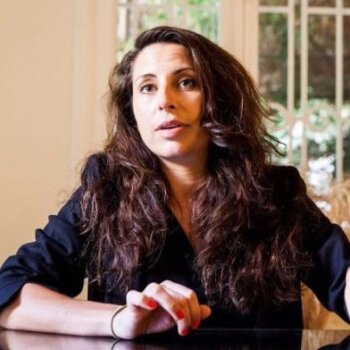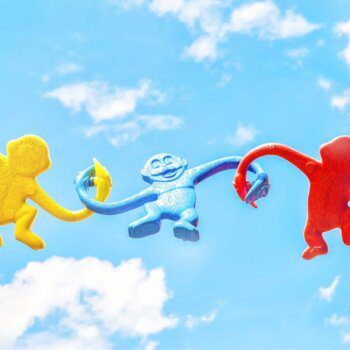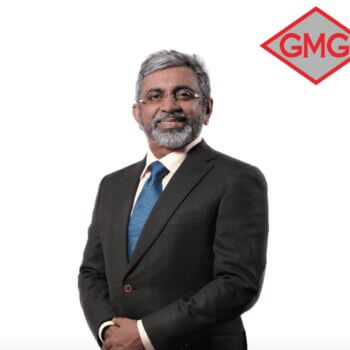Warren holds a Bachelor of Commerce from the University of Melbourne. In university, he led his team to win the annual Entrepreneur’s Week Challenge, twice. He is also founder of the popular Melbourne University Mahjong Club.
After graduation, Warren joined Citibank where he created the Citibank Rewards Platinum Card. This card allowed users to customize benefits through their smartphone. At the time he left Citibank, the card gain substantial popularity.
After Citibank, Warren joined Social Enterprise Alliance (SEA) as a senior associate. SEA is the leading organization for social enterprises in Malaysia. After being with the organization for 6 months, the previous CEO resigned due to her battle with cancer. As such, Warren stepped up.
Just after 3 months under Warren’s leadership, SEA went from an organization dependent on founders’ funds to becoming self-funded. SEA generated revenue through programmes and training contracts. Some of its key clients included the British Council and the US Embassy of Malaysia.
In August 2014, SEA garnered the attention of IM4U. Aligned with IM4U’s new mandate to foster social entrepreneurship nationally, IM4U absorbed the entire SEA team. In this role, Warren carried the national mandate to promote social entrepreneurship in Malaysia. After working in the government NGO for 4 months, Warren decided to leave to pursue his own start-up interests. Hence, he joined Pixelbyte Sdn Bhd as CEO to work on ParkEasy.
Warren has been a speaker at numerous events including a speaking tour at Oxford University, Bristol University and Imperial College on social entrepreneurship. He has also represented Malaysia in the Global Social Entrepreneurship Forum in Seoul, sitting alongside social enterprise leaders from around the world. He enjoys self-improvement books and plays the ukulele.
In your own words what is ParkEasy?
When you spend 30 minutes in a car park, you are not searching for a car park, you are actually waiting for a car park. Why? Because searching implies a car park is available to be found. When the truth is, there is no car park. You are waiting for someone else to leave. Why is this distinction important? Because it highlights inefficiency in the current antiquated parking system.
Now imagine a future where you no longer had to wait 30 mins in a hot, carbon-monoxide filled car park. Instead, you know exactly when a car park will become available; you arrive exactly at that time and park. That future is ParkEasy.
ParkEasy is a mobile app that makes parking more efficient. Through ParkEasy, you are able to book your car park in your favourite shopping malls. So when you arrive at your booked time, you don’t have to wait or search, you can just go ahead and park.
How did you come up with the idea of ParkEasy?
I bought a movie ticket online and went to the mall in time for the movie. However, because of time wasted looking for parking, I missed a big part of the movie. That was when I thought ‘I really wish I could book my car park beforehand, just like how I could easily buy my movie tickets online.’
I’m sure many Malaysians have experienced something similar, especially when 67% of Malaysian shoppers complained about the difficulty of finding parking in malls.
Thus, ParkEasy is created to help Malaysians find and book their car park in shopping malls.
Could you walk us through the process of starting up ParkEasy?
Create idea. Pitch idea to anyone. Convince them to join you. Register a company. Convince people to fund you. Develop the product. Convince malls to accept your product. Sell to the public.
Did you encounter any particular difficulties during start-up?
There are 3 main challenges we face:
- Developing a product that’s absolutely new.
It’s almost like an invention, where there are no guidelines to follow, and there is a lot of trial and error to get things right.
Consumer feedback and insights becomes our most valuable tool in determining what works and what doesn’t. We are currently carrying out multiple beta tests to improve ParkEasy.
- Selling a product that nobody has ever seen before.
This challenge doesn’t apply to only consumers, but to malls as well. We would of course love to have the malls on board with ParkEasy to provide more efficient parking system for their consumers. Hence, we have a very tight communication with shopping malls to understand their needs, and we also have SOPs for our communications to consumers.
- Capital intensive
We have hardware involved (we have LED overhead displays for each parking bay), hence capital expenditure (CAPEX) is high. Longer time is required to implement the system as well. We have an excellent operations team though, who are constantly lowering our CAPEX, and optimizing time required for implementation.
How have you been developing ParkEasy since start-up?
Ideally I would have liked to have adopted the Lean Start-up methodology of developing our product purely on user feedback. Unfortunately, in dealing with large companies that own large shopping malls, reaching out to them with a raw prototype was not feasible. Anything less than a 80% polished product will not receive any interest. As a result, our development direction up to the point it could be presented to malls came from our own personal experiences in parking as well as presenting the idea literally thousands of times to anyone willing to hear and provide their two cents. This was before we were in any malls. Now, we are operating closed beta tests with real customers and developing our product based on their feedback.
What kind of feedback did you get for ParkEasy so far?
Great feedback! By that I don’t mean we got all thumbs up. In fact, there are many people who have social concerns regarding the concept. However, all in all, every piece of feedback has been great as it allows us to think of our product from another person’s angle and make a judgment on how we should address it.
Do you face a lot of competition in this industry?
There is a management story regarding two persons fighting over one orange and eventually compromising by cutting it in half. However, only to find later on that one wanted just the peel for orange cake and the other just the flesh for orange juice. Had they communicated, they would have gotten all they wanted.
We don’t first see competitors as competitors but rather as other parties who have similar goals and visions who may turn out to be great partners. Hence, we are always open for conversation with them.
However, not everyone is of the same mind set. So for such parties, we simply decide not to engage further but instead focus on our own product and delivering the best we can.
Have you developed any industry insights that you could share?
There is a trend in tech start-ups. They are moving more out of the virtual world and into the physical world. The first big apps had nothing to do with the physical world, e.g. WhatsApp, Dropbox and Angry Birds. Now, the rising start-ups are physical, e.g. Uber, Airbnb, GrabTaxi. Unintentionally, ParkEasy is part of this trend and hopefully it pays off with big success.
What is the future of the industry?
Every once in a while I reformat my phone and start it blank without apps. I then make a commitment to only download an app whenever I need it. As a result, there are many apps which I will use for a while and then never see them again. On the other hand, there are a select few apps which I will find myself downloading time and time again after every reformat. What similarity to these select few apps hold? They are constantly innovating. To stay relevant, ParkEasy will not stop innovating. We will continue to adjust to our customers to be a product that they can’t live without. In fact, we already have a couple of ideas we’re just itching to explore.
Were there anything that disappointed you initially?
I think we need more customer entrepreneurs in Asia. Customer entrepreneurs are people who are willing to give a new idea a chance.
With ParkEasy, there was rejection from malls even before trying us out. We always talk about the start-up entrepreneur’s end- how they need to take risks and attempt the impossible. But no business can exist without a customer. And if customers repeatedly reject ideas before trying them out, there is not even a chance for the business to succeed or fail. As a result, entrepreneurs are encouraged not to dream big. Not to attempt ideas that may disrupt the status quo.
Paypal co-founder, Peter Thiel states that there is both horizontal and vertical growth. If the mind set I stated above continues, Asia will grow horizontally – more production, more sales, more services. The future will be the same as now, just more of it. But if we change the mind set I stated above, Asia will grow vertically – new products, new markets, and new services. I can’t even describe to you what that future looks like. But that future is the one I am excited about.
What is your definition of success?
Learning to be happy regardless of all circumstance.
Why did you decide to become an entrepreneur?
I decided that there was something I wanted to change in the world and set out to change it. Somehow, that branded me as entrepreneur.
In your opinion, what are the keys to entrepreneurial success?
With determination and resourcefulness anything is possible. Resourcefulness is the toolset; determination is the engine that pushes it forward.
Any parting words of wisdom for entrepreneurs out there from your personal experience?
First-time mistakes should be celebrated; repeated mistakes should not be tolerated.
Connect
Linkedin: https://my.linkedin.com/in/warrencwl
